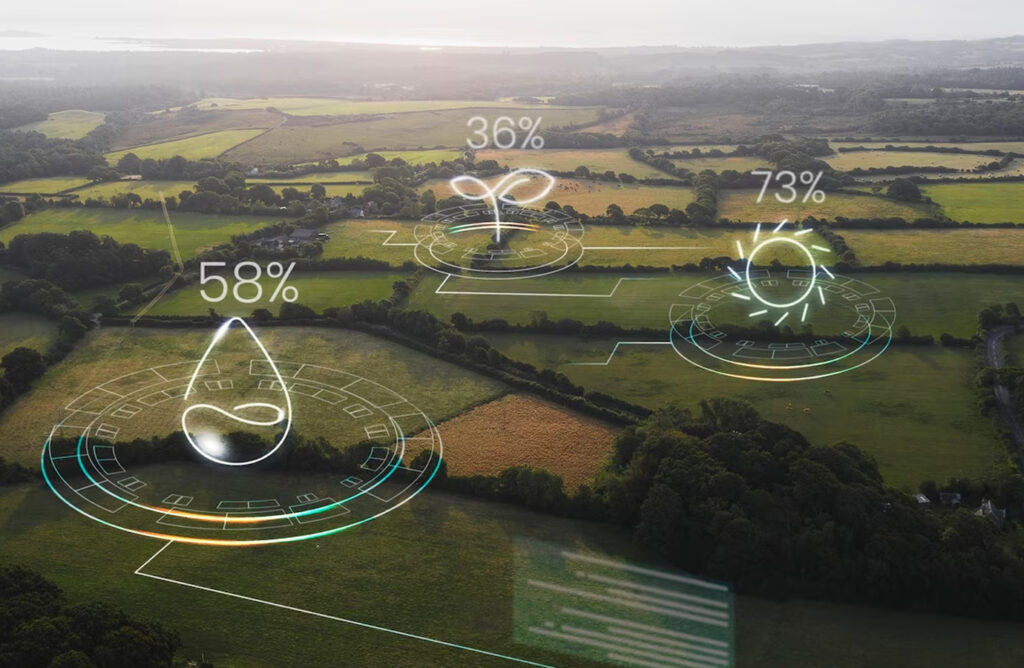
Gruppo di Lavoro
CGIL Sicilia – Coordinamento del progetto
Stefania Radici – Responsabile del progetto
Alfio Mannino – Segretario generale, direzione politica
Gabriella Messina – Segretaria regionale, con delega alle Politiche industriali e all’Energia
Angela Biondi – Segretaria regionale, con delega alla Trasformazione green e all’Ambiente
Francesco Lucchesi – Segretario regionale, con delega alle Politiche economiche, Fondi strutturali e Welfare
Ignazio Giudice – Segretario regionale, con delega all’Organizzazione
Daniela Ciralli – Responsabile Ufficio Stampa
Vincenzo Lo Coco – Esperto informatico
Angela Sciortino – Dipartimento Organizzazione
Rosy Mirabile – Amministrazione
Gruppo di ricerca
ITALIA – FONDAZIONE DI VITTORIO: Serena Rugiero, ricercatrice senior; Samuele Alessandrini, ricercatore, Area di ricerca Energia, sviluppo, innovazione
SPAGNA – FUNDACIÒN PRIMERO DE MAYO: Jesus Cruces Aguilera, ricercatore; Alicia Martinez Poza, ricercatrice
BELGIO – KATHOLIEKE UNIVERSITEIT LEUVEN: Valeria Pulignano, Ordinaria; Jeff Turk, ricercatore
CROAZIA – SVEUCILISTA U RIJECI: Zvonimira Sverko Grdic, Associata; Nada Denona Bogovic, Ordinaria
BULGARIA – INSTITUTE FOR THE SOCIAL AND TRADE UNION RESEARCH: Atanaska Todorova, ricercatrice; Tsvetomila Sabcheva, ricercatrice; Ekaterina Ribarova, ricercatrice
Gruppo di lavoro sindacale
ITALIA – CONFEDERAZIONE GENERALE ITALIANA DEL LAVORO: Manola Cavallini (Area Contrattazione); Monica Ceremigna (Area Politiche europee); Simona Fabiani (Area Sviluppo); Anna Teselli (Area Coesione)
SPAGNA – CONFEDERACIÒN SINDICAL DE COMISIONES OBRERAS: Mariano Sanz Lubiero, Segretario Confederale
BELGIO – Fédération Générale du Travail de Belgique: Joeri Hens, Resp Affari internazionali
CROAZIA – Savez samostalnih sindikata Hrvatske: Darko Šeperic, Segretario esecutivo
BULGARIA – CONFEDERATION OF INDEPENDENT TRADE UNIONS OF BULGARIA: Valentina Vasilyonova, Presidente
OLANDA – FEDERATIE NEDERLANDSE VAKBEWEGING: Bas van Weegberg, Direttore
EUROPA – EUROPEAN TRADE UNION CONFEDERATION: Ludovic Voet, Confederal Secretary
Leader::
CGIL Sicilia
In cooperation with
- Italy
Research Institute: FONDAZIONE GIUSEPPE DI VITTORIO (FDV)
Trade Union: CONFEDERAZIONE GENERALE ITALIANA DEL LAVORO (CGIL)
- Spain
Research Institute: FUNDACIÒN PRIMERO DE MAYO (F1M)
Trade Union: CONFEDRACIÒN SINDICAL DE COMISIONES OBRERAS (CCOO)
- Belgium
Research Institute: KATHOLIEKE UNIVERSITEIT LEUVEN (KU LEUVEN)
Trade Union: FEDERATION GENERALE DU TRAVAIL DE BELGIQUE (FGTB)
- Croatia
Research Institute: FAKULTET ZA MENADZMENT U TURIZMU I UGOSTITELJSTVU SVEUCILISTA U RIJECI (FTHM UNIRI)
Trade Union: SAVEZ SAMOSTALNIH SINDIKATA HRVATSKE (SSSH)
- Bulgaria
Research Institute: INSTITUTE FOR THE SOCIAL AND TRADE UNION RESEARCH (ISTUR)
Trade Union: CONFEDERATION OF INDEPENDENT TRADE UNIONS OF BULGARIA (CITUB)
Support the project
The European Trade Union Confederation (ETUC/CES) supports the project.




